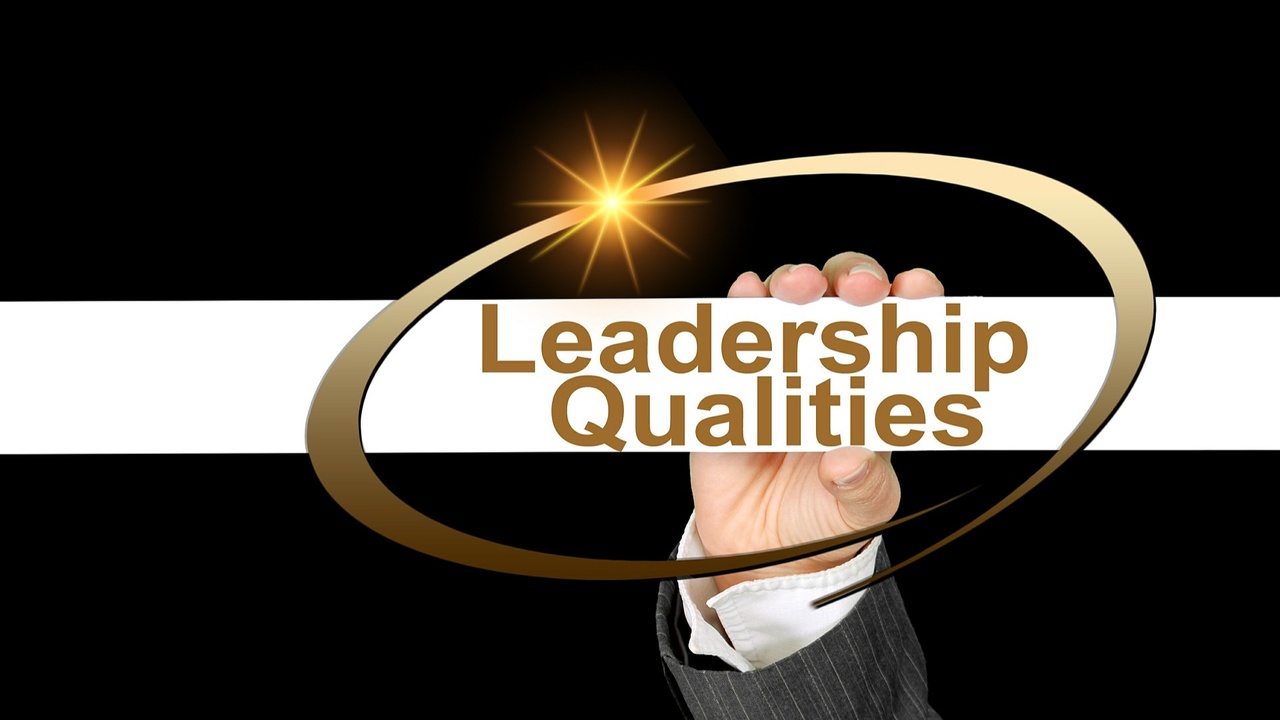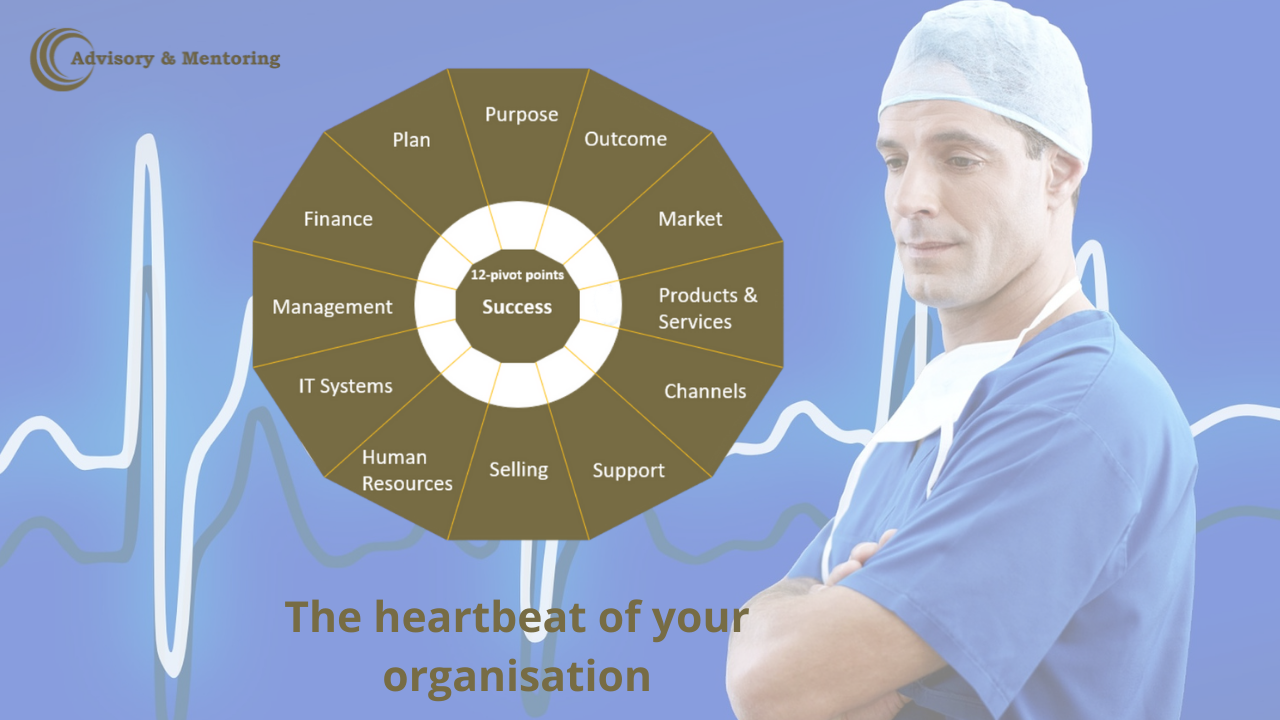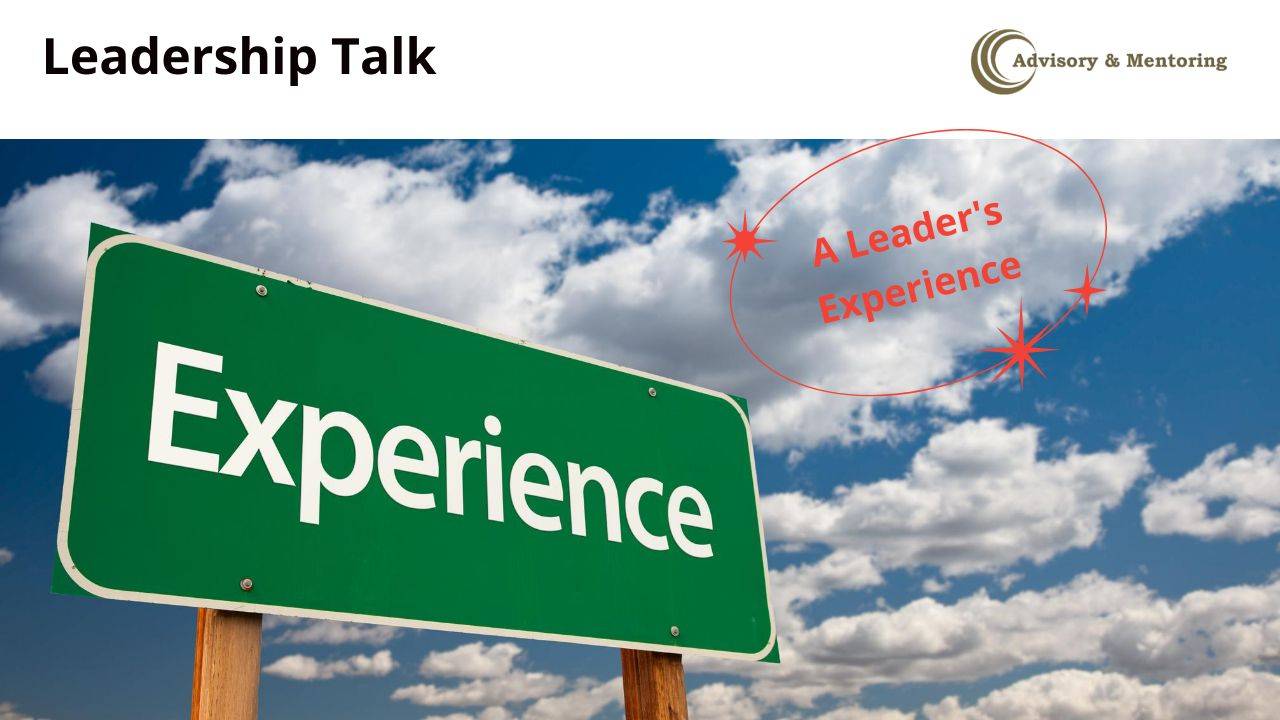It has been frequently demonstrated that a transformation, program, project, or process improvement activity will stand a far greater chance of success if people know what is going on.
Specifically, that people involved in, or impacted by the change, should know the following regarding the change p...
A change initiative generally evolves through a number of phases.
PHASE 1: THE NEED
Someone (inside or outside of the organization) identifies that things are not as they should be or could be and that something needs to be done to better align the issue, function, process, or outcomes.
PHASE ...
Proactive, collaborative and transparent leaders consider, the effect and reaction from others when looking at what changes in action, behaviour or management style will have over the team or department in their organisations. These leaders carefully measure how a decision relating to one department...
This blog post is a chapter extract from the book by Cenred Harmsworth and Dr Jack Jacoby: Managing Change Initiatives
Available in Hard Back, Soft Back and eBook from Amazon.
Definition and Overview
A business case presents and assesses the business justification for initiating a task or project.
...The Environment of Change
The management of change environment covers a number of key dimensions. Each of these dimensions has the ability to enable more effective transformation (change) or, in its absence, seriously compromise a change initiative.
These environments (or “influencers”) are critic...
Let’s consider the empathy issue more deeply than the previous brief mentions.
We have seen how EQ (read here the article on EQ/ Emotional intelligence) is critical to a leader’s tools. Empathy is an integral element of EQ.
Empathy is the characteristic of understanding, being aware of, being sensiti...
The Loneliness in Leadership
Nov 07, 2025When we speak of “leadership” most people unsurprisingly think of CEOship.
The reality is that although CEOs are certainly leaders, there are other leaders in the organisation apart from the CEO.
Every person who has the responsibility for other people, is a leader of those people, regardless of where...
What has 40-years of helping corporations and organisations taught us?
We have learned that there are 12 Pivot-Points in every organisation that must be conquered to satisfy that organisation’s objectives. Failure in any of these Pivot-Points will compromise objectives and may even cause failure.
Thi...
According to the Cambridge Dictionary, your ego is “your idea or opinion of yourself, especially your feeling of your own importance and ability.”[1]
In psychoanalytic terms, the ego attempts to achieve one’s hidden desires within the demands of the real world.
These two dimensions are important for a...
In a previous article, we discussed the “inner” and personal values of all people, and specifically of leaders, and of the impact that these “inner” subjectivities can have on a leader’s journey.
When the leader exposes their values to the organisation, they establish or at least affect, the way th...
An organisation will appoint a leader who can demonstrate to the board their capability for a particular organisational context defined by that board.
For example, an organisation in start-up mode will seek a leader with experience in start-up organisations. An organisation in a mature environment ...
Extract from the book by Cenred Harmsworth and Dr Jack Jacoby, Managing Change Initiatives
Available in Hard Back, Soft Back and eBook from Amazon
DEFINITION AND OVERVIEW
Preparing for change is the assessment, consideration, and preparation an organization makes before the change process actually ...
Receive our executive monthly blog posts in your inbox
Blog Registration
You can unsubscribe at any time.













